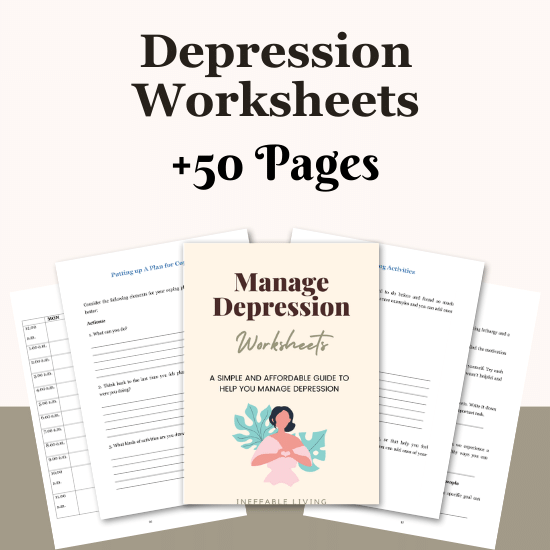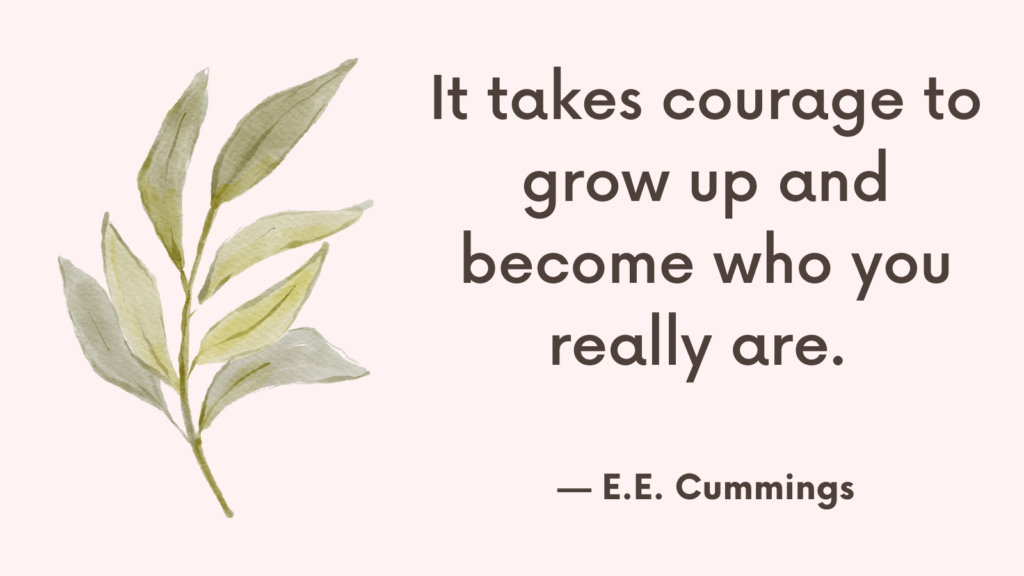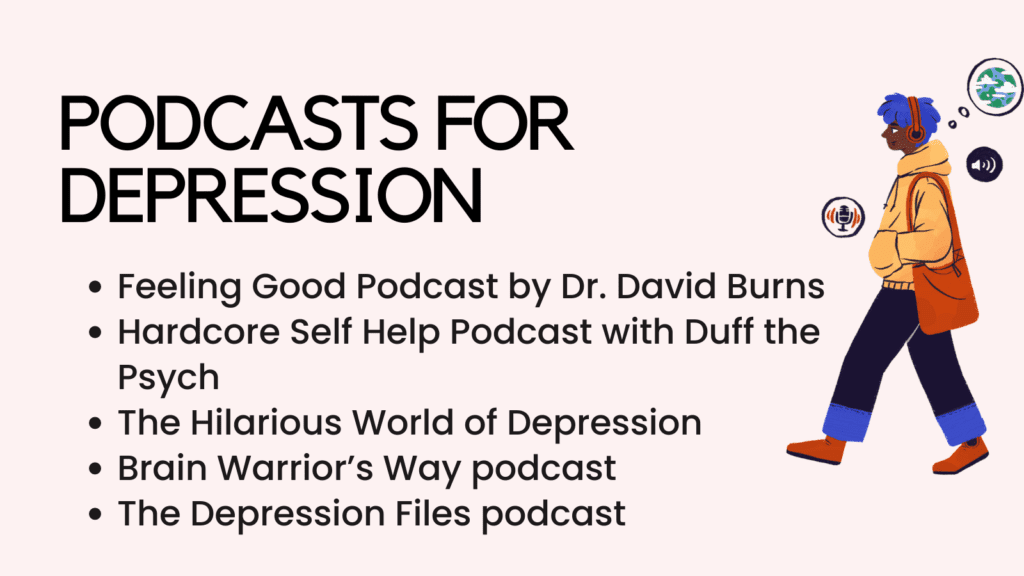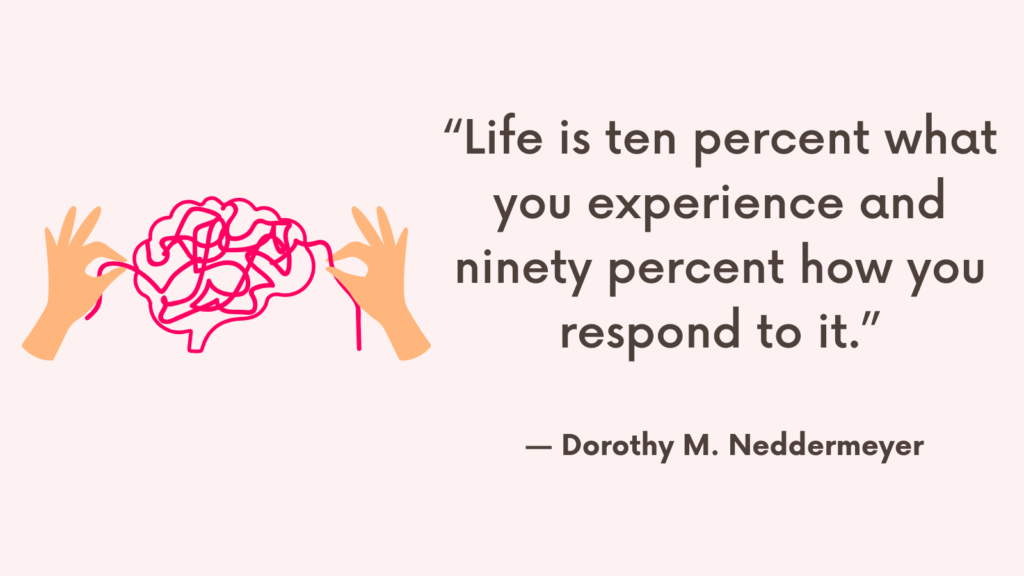Depression in men often goes unnoticed because symptoms can differ from stereotypical signs of sadness or withdrawal.
Cultural expectations, stigma, and social norms can lead men to suppress or hide emotional distress, making it harder to recognize when they’re struggling.
Here are some common signs of depression in men, along with ways to support them if you’re concerned.
How to Recognize Signs of Depression in Men?
1. Increased Irritability or Anger
Men experiencing depression may exhibit anger, frustration, or irritability as an outlet for their emotional pain. This irritability can be directed toward themselves or others and may surface unexpectedly.
What to Watch For: Outbursts, impatience, sudden frustration, or general irritability that seems out of character or disproportionately strong. They may also feel annoyed by small inconveniences or exhibit a “short fuse.”
2. Withdrawal from Social Interactions
Depression often leads men to pull back from social activities and isolate themselves. This withdrawal can stem from a lack of energy, loss of interest, or feeling like a burden to others.
What to Watch For: Avoiding gatherings, reduced communication, or excuses to skip activities they used to enjoy. They may turn down invitations or stop making plans with friends and family.
Related: High Functioning Depression Test (+Effective 3-Step Guide To Overcome High Functioning Depression)
3. Increased Risk-Taking Behaviors
In some cases, men may cope with depression by engaging in risky or impulsive behaviors, including substance use, reckless driving, or extreme sports. These behaviors may serve as a distraction from emotional pain or a way to “numb” difficult feelings.
What to Watch For: Changes in behavior that involve risk, such as excessive alcohol or drug use, gambling, reckless spending, or dangerous physical activities that they didn’t previously engage in.
4. Physical Symptoms like Fatigue and Aches
Depression often manifests physically in men, with symptoms like fatigue, body aches, headaches, or digestive issues. These physical signs are common but can be mistaken for other health issues if depression isn’t considered.
What to Watch For: Complaints about chronic pain, low energy, difficulty sleeping, or feeling “sluggish.” Men might talk about feeling physically exhausted even after rest or describe frequent headaches or digestive problems.
Related: Top 10 Signs of Silent Depression
5. Difficulty Concentrating or Making Decisions
Depression can make it hard to focus, remember details, or make decisions, leading men to feel frustrated or overwhelmed by daily tasks. This cognitive “fog” is often tied to low energy and a sense of apathy.
What to Watch For: Difficulty focusing on tasks, forgetting important details, or becoming indecisive. They may seem more forgetful or less productive, even in routine activities.
6. Loss of Interest in Hobbies or Work
Men with depression often lose interest in activities they once enjoyed, from hobbies to professional pursuits. This disengagement can extend to relationships, leisure activities, or any area of life that previously provided fulfillment.
What to Watch For: Reduced enthusiasm for hobbies, sports, or work. They may no longer pursue projects, talk about their interests, or feel motivated in their professional life.
7. Increased Dependence on Substances
Men experiencing depression may turn to alcohol, drugs, or even excessive caffeine or nicotine as a coping mechanism. Substance use becomes a way to mask or escape emotional pain but often exacerbates symptoms over time.
What to Watch For: Increased frequency or quantity of substance use, especially in situations where they previously would not have engaged in it. They may use substances to unwind, sleep, or get through the day, and may become defensive if questioned about it.
Related: The Silent Struggle: How to Manage Depression-Related Anger?
8. Expressing Feelings of Hopelessness or Worthlessness
Feelings of hopelessness and self-doubt are core symptoms of depression. Men may express these feelings directly or indirectly, sometimes in the form of self-criticism or hopeless statements about their future or self-worth.
What to Watch For: Statements like, “Nothing I do makes a difference,” “I’m a failure,” or “What’s the point?” These comments reflect a lack of hope and may signal that they’re struggling to see a way forward.
9. Changes in Eating or Sleeping Habits
Depression can significantly disrupt sleep and appetite, leading to insomnia, oversleeping, weight gain, or weight loss. These changes often reflect underlying emotional distress and physical depletion.
What to Watch For: Sudden weight changes, either up or down, or shifts in sleep patterns, like sleeping too little or too much. They may appear tired, sluggish, or complain about restlessness, which is often linked to anxiety as well.
Related: Understanding Male Depression And Emotional Affairs
10. Expressing Physical Symptoms of Stress or Anxiety
Men often experience depression alongside symptoms of stress or anxiety, such as tightness in the chest, muscle tension, or digestive issues. These physical signs are sometimes mistaken for other health conditions but can be indicative of underlying depression.
What to Watch For: Frequent complaints about stress, pressure, or “feeling tense.” They may exhibit nervous habits like fidgeting or pacing and may report frequent physical discomfort without a clear medical cause.
Related: What is Anxious Depression?
How to Support Men Experiencing Depression?
If you recognize signs of depression in a man you care about, there are ways to offer support that respect his needs and encourage him to seek help:
1. Encourage Open Communication in a Non-Judgmental Way
Approach conversations with empathy and without judgment. Use statements like, “I’ve noticed you seem a bit down lately. I’m here if you’d like to talk,” or “I’m here to listen if you ever need to get something off your chest.”
2. Normalize Seeking Help
Let him know that seeking help is a sign of strength, not weakness. Mention that mental health challenges are common and that support—whether through counseling, therapy, or talking to a trusted person—can make a significant difference.
Related: How To Ask For Help With Depression? Top 10 Tips
3. Offer Practical Help and Gentle Encouragement
Depression can make it hard to manage daily tasks. Offering practical support, like helping with chores or suggesting an activity together, can help ease the burden without making him feel pressured.
4. Be Patient and Avoid Pressuring
Men with depression may not open up right away. Give him time and let him know you’re there without pressuring him to discuss his feelings. Small gestures of support and kindness can make a big difference over time.
Related: Top 10 Tips for Dating Someone with Depression
5. Help Him Identify Positive Coping Strategies
Encourage healthy coping mechanisms like physical activity, hobbies, or even joining a group or community that interests him. Offer to join him in activities that may help him feel better, like going for a walk or cooking a meal together.
6. Encourage Professional Help When He’s Ready
If symptoms persist or worsen, gently suggest seeking help from a mental health professional. Mention that therapy, support groups, or counseling can provide personalized support and tools to manage depression.
Related: How to Help an Adult Child with Depression? Top 7 Tips

FAQs
Do men experience depression differently than women?
Yes, men often express depression in different ways. While women may report sadness, tearfulness, or hopelessness, men are more likely to show irritability, anger, emotional numbness, or physical symptoms. They may appear “fine” externally while struggling with restlessness, fatigue, or inner emptiness.
Why is depression in men often overlooked?
Many men are taught to suppress or hide emotional pain, viewing vulnerability as weakness. This can lead to minimizing symptoms, denying distress, or masking it with work, humor, or substance use. Because the signs don’t always match the stereotypical image of depression, they’re often missed by others — and even by the men experiencing them.
Can workaholism or aggression be signs of depression?
Yes. Some men cope with emotional pain by throwing themselves into work, staying overly busy, or becoming short-tempered. These behaviors may be attempts to avoid inner discomfort or distract from feelings of helplessness. In some cases, these coping methods are seen as “normal” or even praised, which further masks the underlying depression.
Why don’t more men talk about their mental health?
Stigma plays a big role. Many men fear being judged, appearing weak, or burdening others. There’s also pressure to “tough it out” or “man up.” This can lead to silence, self-isolation, or believing that seeking help is a personal failure instead of an act of strength.
How does untreated depression affect men long-term?
When left unaddressed, depression can lead to relationship problems, job difficulties, substance dependence, and increased risk of suicide. Men are less likely to seek help but are more likely to die by suicide, often because their pain goes unnoticed or unspoken.
Conclusion
Recognizing the signs of depression in men and offering support with empathy and patience can make a significant difference.
With the right resources, time, and encouragement, they can begin the journey toward mental wellness.



